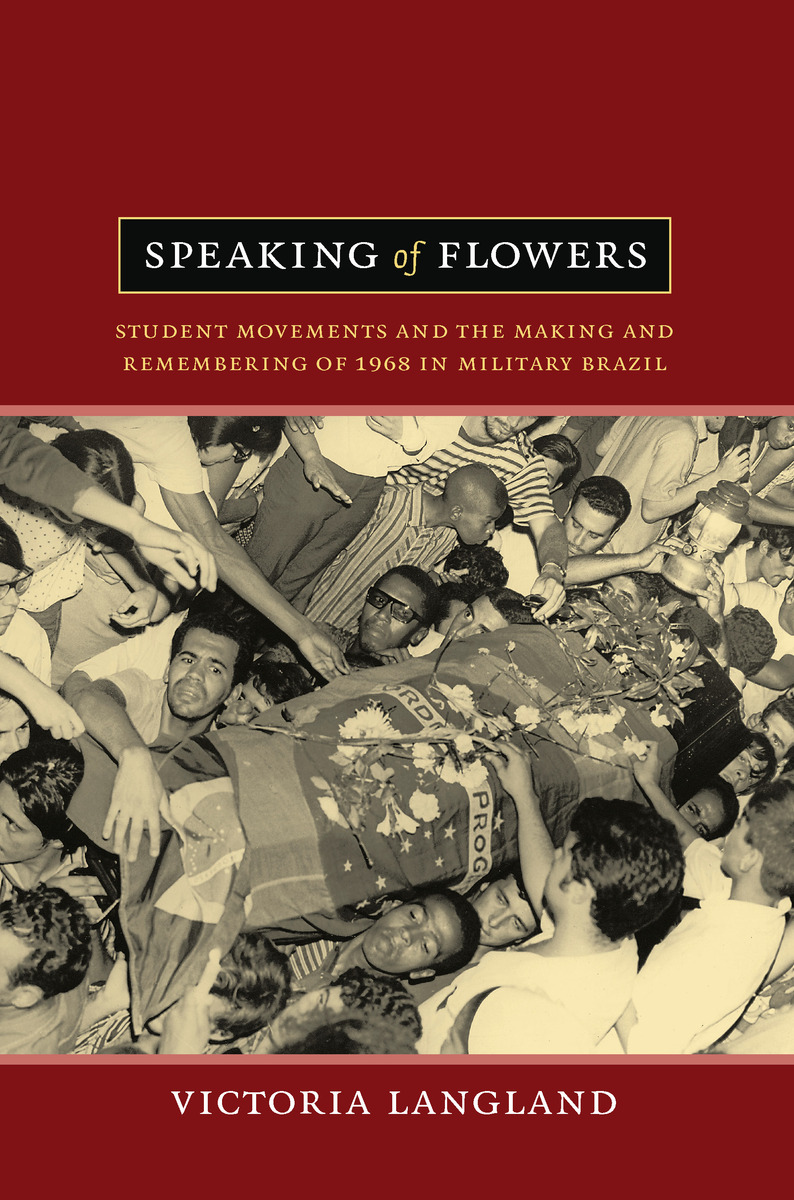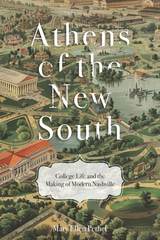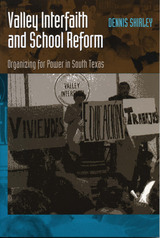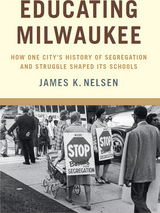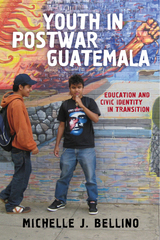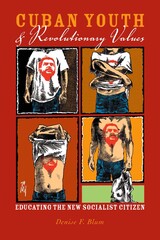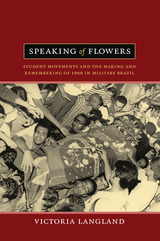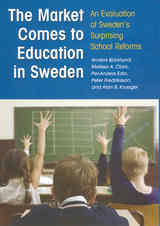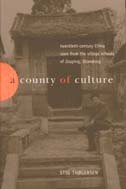“In this compelling book, Victoria Langland shows how Brazilian student activists of the 1960s generation rattled a military dictatorship and turned into powerful symbols – martyrs and militants whose memory drove the politics of repression, opposition, and democratization. The result is striking new insight on the practical and symbolic legacies of 1968 as a year of protest and repression, in Brazil and transnationally.”—Steve J. Stern, author of Reckoning with Pinochet: The Memory Question in Democratic Chile, 1989-2006
"Clear, concise, and full of engaging and dramatic stories, Victoria Langland's Speaking of Flowers is an important contribution to our understanding of the history of the Brazilian student movement and its vital role in twentieth-century politics. In addition, through her analysis of the constructed memories of 1968, Langland provides readers an excellent opportunity to consider a series of methodological questions about how history is written and how Brazilians have shaped the recollection of that history."—James N. Green, author of We Cannot Remain Silent: Opposition to the Brazilian Military Dictatorship in the United States
“Langland’s accomplishment lies in providing the backstory of student movements, tracing their changing relationship with the Brazilian state throughout the 20th century and contextualising them in the country’s political history. . . . The book’s gendered analysis is fascinating, as Langland illustrates how the student movement defined themselves and were perceived as male-dominated and masculine.”
-- Sarah Sarzynski Times Higher Education
“While there is no shortage of scholarship on Brazil under the military dictatorship that controlled the country from 1965 to 1985, or the subsequent transition to democracy, questions on the role of student activism in opposition are only now being investigated in English- language scholarship. Langland’s study is a substantial contribution to this emerging field.”
-- J. M. Rosenthal Choice
“Victoria Langland’s comprehensive treatment of the 1960s in Brazil, Speaking of Flowers is an important contribution to a growing body of 1960s scholarship pertaining to Latin America…. Langland has added a valuable piece to the understanding of the background to, the factors within, and the outcome of the 1968 uprisings.”
-- Teresa Meade Sixties
"Speaking of Flowers is among the best work yet to emerge from these new approaches to Brazil's ditadura. In examining student activism, memory production, gender, and Brazil in the transnational setting, Langland provides a groundbreaking and original work, one of the strongest books on Brazil's military dictatorship era yet."
-- Colin Snider Hispanic American Historical Review
"Speaking of Flowers is a brilliant book, one that unprecedentedly triangulates the realities of student militancy... with the documented paranoia of the police, public accounts, and the memories (on all sides) of 1968. The author does this with sensitivity, theoretical sophistication, and poignancy, shedding much-needed light on the decades-long process of reconstructing death, destruction, and atrocity into memory knots emphasizing heroism and triumph."
-- Benjamin A. Cowan The Historian
"Speaking of Flowers is a joy to read."
-- Joel Wolfe Canadian Journal of History
"Victoria Langland expertly treats the Brazilian experience of 1968 in her book Speaking of Flowers. By focusing on the cultural politics of memory, her work complicates conventional narratives of the Brazilian student movement, which tend to center on the events of that year. . . . By disentangling the layered meanings and memories around '1968,' Speaking of Flowers challenges assumptions about the inevitability of student mobilization and offers an excellent model for those who endeavor to study the recent past."
-- Vanessa Freije Latin American Research Review
